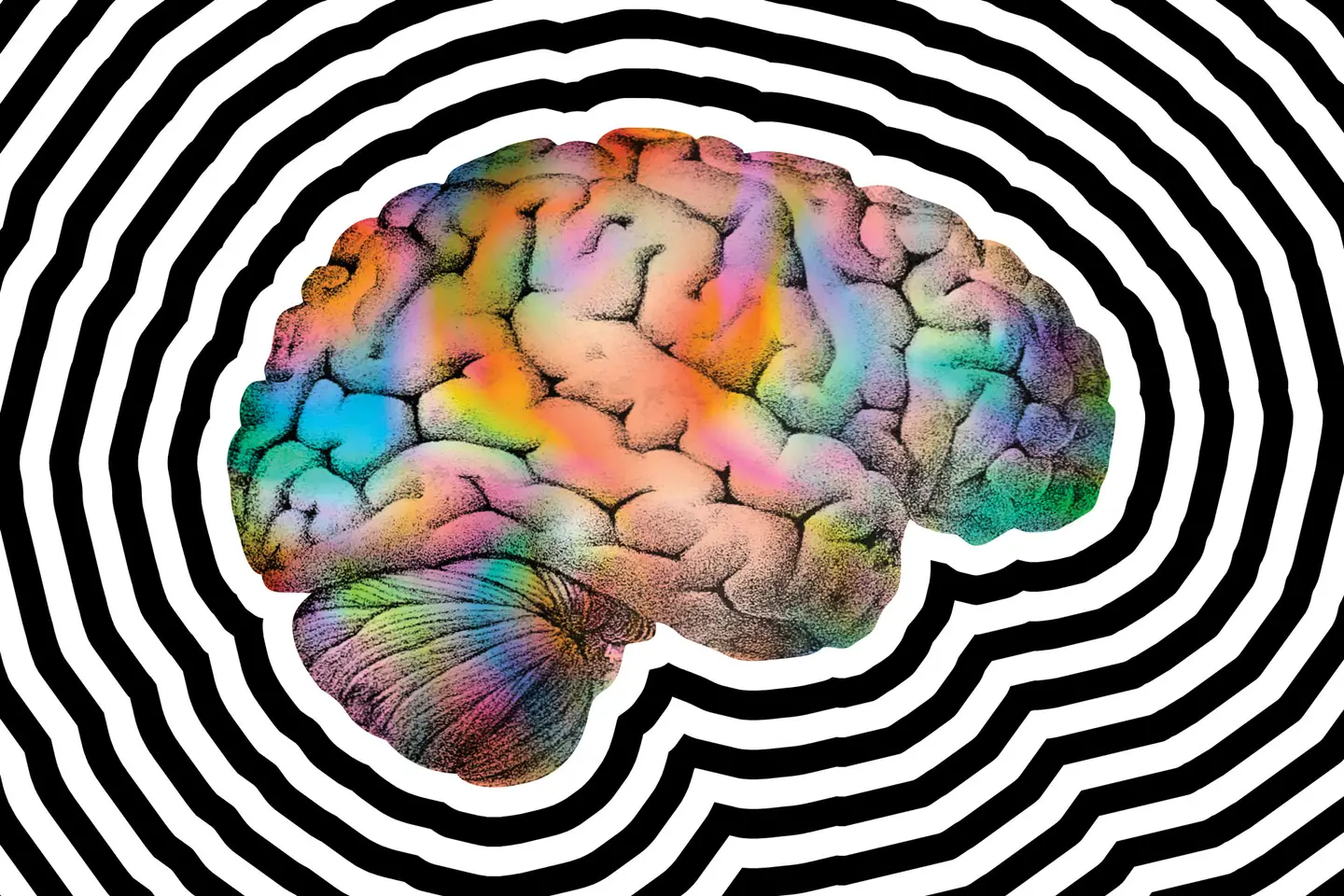Study Finds Psilocybin Use Does Not Significantly Alter Religious Beliefs
LOS ANGELES- A new study from Johns Hopkins University, published in the Journal of Psychoactive Drugs, indicates that a single psilocybin experience is unlikely to change an atheist’s belief in God or alter a person’s sense of free will. However, the study found that psilocybin may lead to increased perceptions of consciousness in animals, plants, and even inanimate objects like rocks and robots.
The research surveyed hundreds of individuals who planned to use psilocybin outside a laboratory setting. Participants were asked about their beliefs before and at two points after their experiences. While there were minor shifts in how participants perceived consciousness—such as attributing consciousness to primates and insects—their religious and metaphysical beliefs remained largely unchanged.
“These findings suggest that concerns that psychedelics could change metaphysical beliefs or result in ‘conversions’ across religious affiliations may be overestimated,” the study concludes. It adds that concerns regarding changes in non-naturalistic beliefs or religious affiliations might be exaggerated.
The study addresses ethical concerns related to the clinical applications of psychedelics, particularly changes in beliefs that could impact an individual’s social ties and relationships. The authors note that while belief changes in a clinical setting raise bioethical questions, the overall impact observed in the study was minimal.
The study involved 657 participants who were asked about their atheist-believer status, metaphysical beliefs, and perceptions of mind both before and after using psilocybin. Responses showed negligible changes in religious beliefs and only minor changes in metaphysical beliefs.
Mind perception, however, saw moderate increases in the attribution of consciousness to various targets, including non-human primates, quadrupeds, insects, fungi, plants, and inanimate objects. The largest increases were observed for insects, while minor changes were noted for inanimate natural objects, man-made objects, and the universe as a whole.
The study emphasizes that these findings do not rule out the possibility of psilocybin influencing users’ beliefs but suggest that such changes are not typical after a single experience. Changes in metaphysical beliefs may require multiple experiences or specific contexts.
The findings challenge some earlier research suggesting significant religious changes following psychedelic use. However, they align with previous studies indicating a stronger connection to nature and pro-environmental behavior among psychedelic users.
As psychedelic therapies move closer to potential approval for widespread use, the study highlights the importance of considering the ethical implications of interventions that could substantially alter belief systems. The authors caution against the use of psychedelic therapies by individuals or organizations aiming to convert or coerce people into specific worldviews, underscoring the need for careful implementation.
The study provides a nuanced understanding of the effects of psilocybin on beliefs, contributing to the broader discourse on the ethical and societal implications of psychedelic use in clinical settings



































